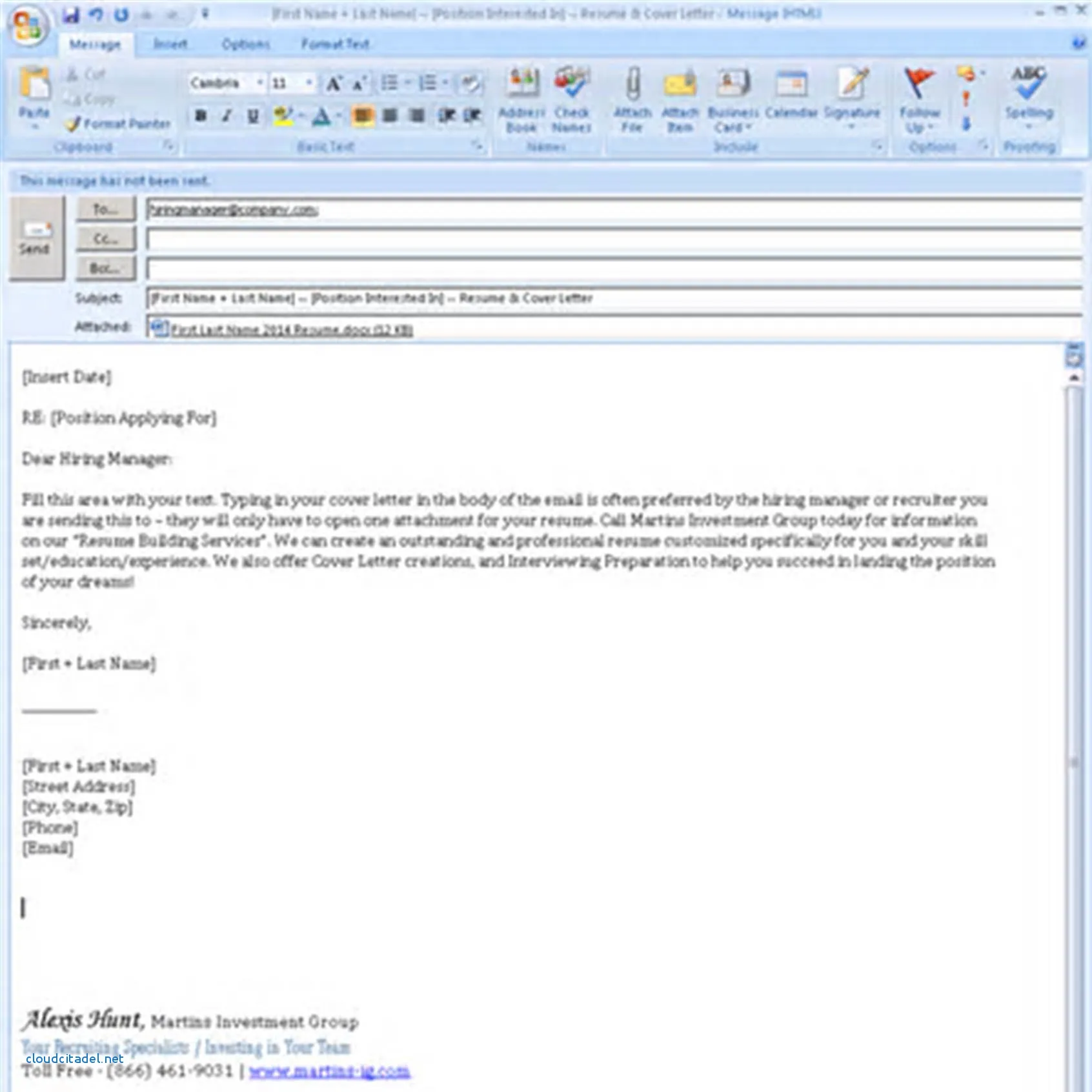Email Cover Letter What is it?
An email cover letter is a concise introduction to your resume and qualifications, delivered via email when applying for a job. It’s often the first impression you make on a potential employer, making it crucial to craft a well-written and impactful message. Unlike a traditional cover letter that’s a separate document, an email cover letter serves as the body of the email, and it must be both engaging and easy to read. This direct approach requires you to be clear, concise, and compelling to capture the recruiter’s attention quickly. The goal is to provide a snapshot of your skills, experience, and enthusiasm, encouraging the reader to learn more about you by reviewing your attached resume.
Why Use an Email Cover Letter?
Email cover letters are the standard format for job applications today, especially in the digital age. They offer a streamlined and efficient way to submit your application, ensuring your message is received promptly. Email cover letters are also great for maintaining a professional image. They showcase your ability to communicate effectively in a digital format, which is an essential skill in most workplaces. They provide an opportunity to highlight your key qualifications and tailor your message to the specific job requirements. Using an email cover letter lets you show your personality and enthusiasm. It’s a chance to connect with the hiring manager on a personal level. They are also easily accessible and can be sent from anywhere, making the application process convenient for both you and the employer. Furthermore, email cover letters can be easily customized for each job application, increasing your chances of success.
The Benefits of Email Cover Letters
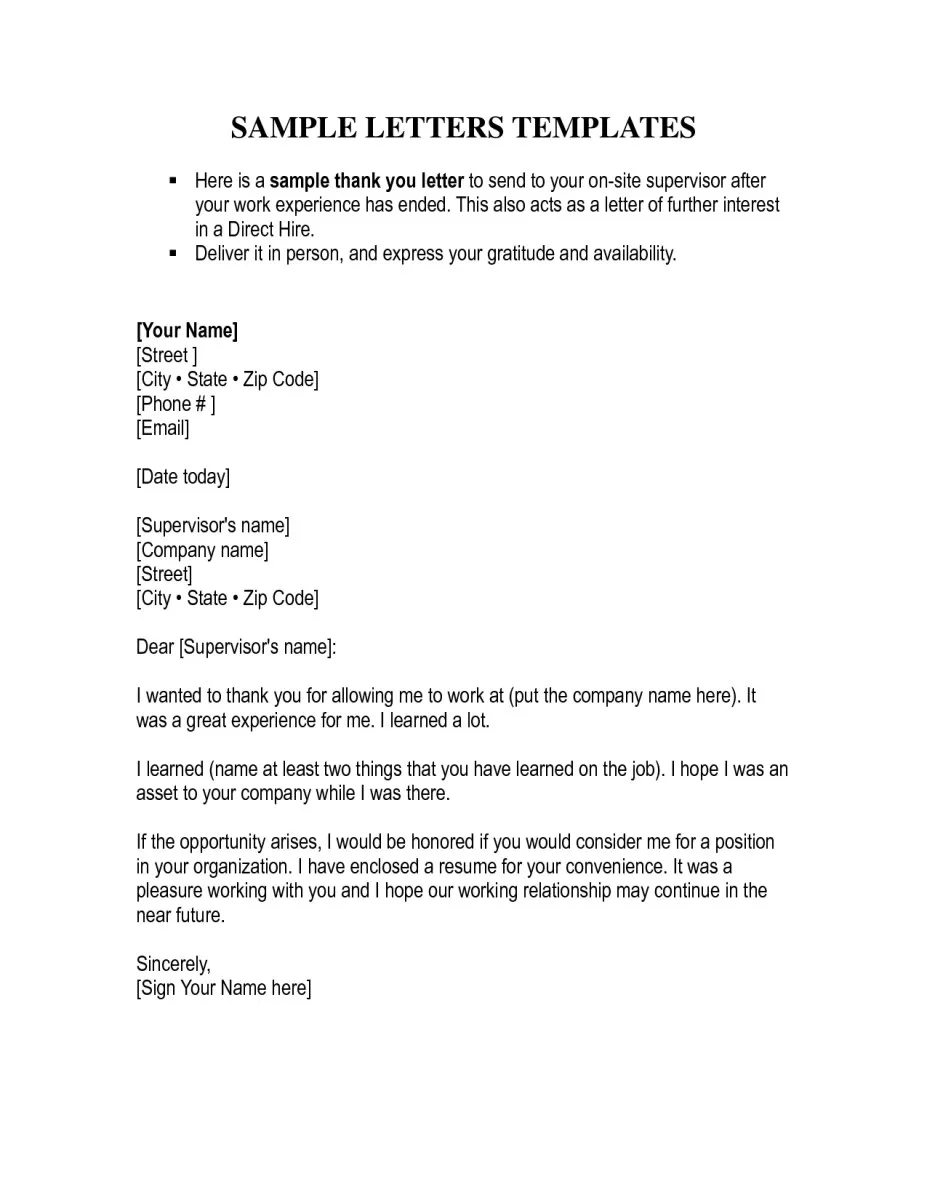
Email cover letters offer several key advantages over traditional formats. First, they are quick and convenient, allowing you to apply for jobs swiftly and efficiently. They ensure your application reaches the employer immediately. They’re also cost-effective, as you don’t need to print and mail physical documents. Moreover, email cover letters are easily trackable, letting you confirm your application has been sent. This format enables you to personalize your message for each job, increasing your relevance to the specific role. Email cover letters often result in a higher response rate. They also demonstrate your tech-savviness and adaptability to modern communication practices. Email cover letters ensure consistency and professionalism, setting a positive first impression with the hiring manager. They help to reinforce your brand and present you as an ideal candidate, ready to excel.
Cover Letter Email Examples that Works (Top 5)
Here are five email cover letter examples that work. We will cover different styles, from simple and direct to more personalized and enthusiastic approaches. Each example is designed to help you tailor your application to different job types and company cultures. These examples will give you a solid base to build from, ensuring you can create a compelling email cover letter that gets results. Each example will showcase a different way to highlight your skills, experience, and personality, making your application stand out. Whether you’re a recent graduate, a seasoned professional, or changing careers, you’ll find these examples useful in various job search scenarios.
Example 1 Simple and Direct
Subject: Application for [Job Title]
Dear [Hiring Manager Name],
I am writing to express my interest in the [Job Title] position advertised on [Platform]. I have [Number] years of experience in [Relevant Field] and possess the skills and qualifications you are seeking. My resume is attached for your review. Thank you for your time and consideration.
Sincerely, [Your Name]
Example 2 Formal and Professional
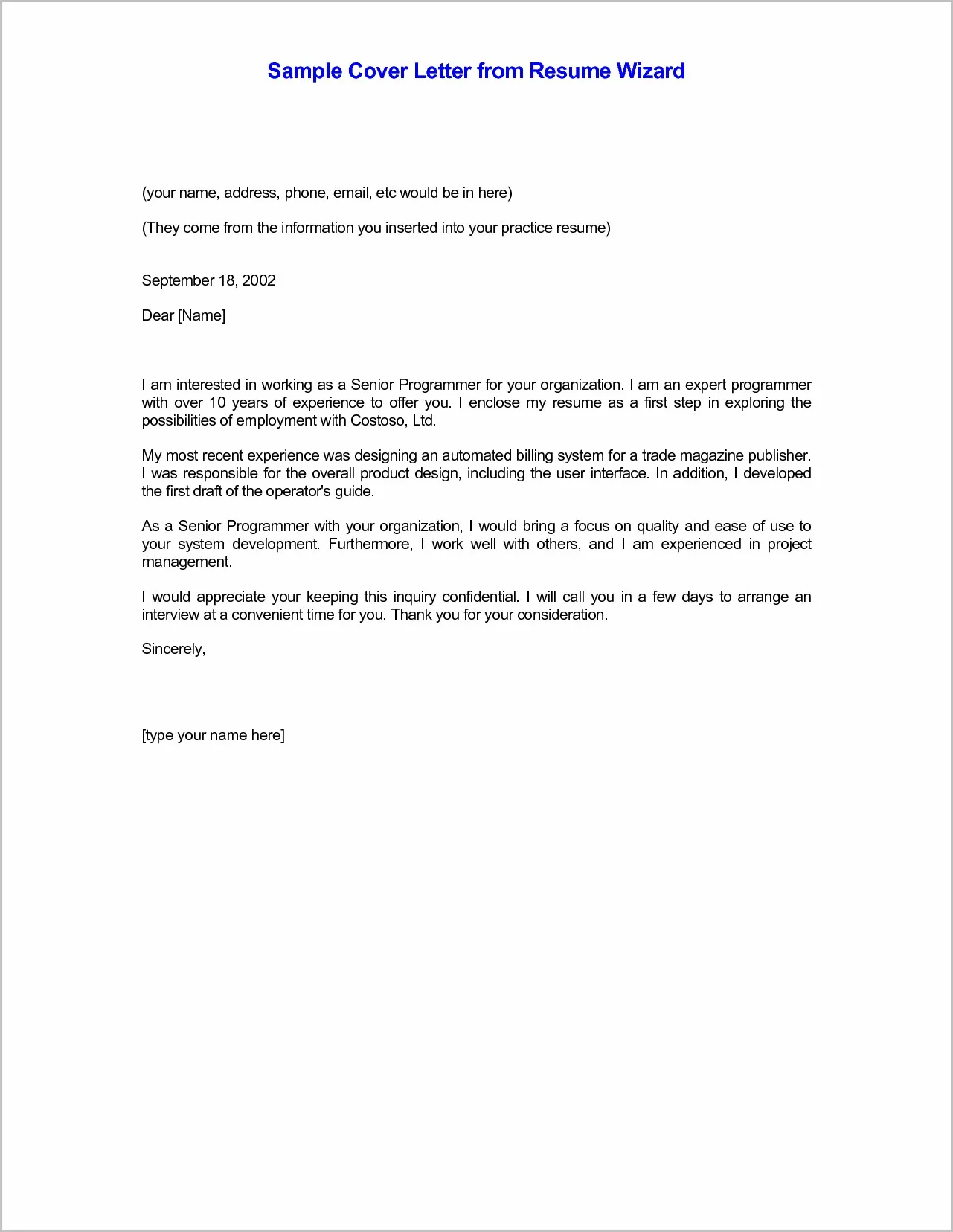
Subject: Application for [Job Title] - [Your Name]
Dear Mr./Ms. [Hiring Manager Last Name],
I am writing to apply for the [Job Title] position at [Company Name], as advertised on [Platform]. With [Number] years of experience in [Relevant Field], I am confident in my ability to contribute to your team. My resume, attached for your review, provides further detail on my qualifications. Thank you for your consideration.
Sincerely, [Your Name] [Your Phone Number] [Your Email Address]
Example 3 Enthusiastic and Engaging
Subject: Excited About the [Job Title] Opportunity!
Dear [Hiring Manager Name],
I’m thrilled to apply for the [Job Title] position at [Company Name]! As a passionate [Your Field] professional with [Number] years of experience, I was immediately drawn to [Specific aspect of the job/company]. My resume, attached, highlights my relevant skills. I am eager to discuss how I can contribute to your team.
Best regards, [Your Name]
Example 4 Tailored to the Job Description
Subject: [Job Title] Application – [Your Name]
Dear [Hiring Manager Name],
I am writing to apply for the [Job Title] position, as advertised on [Platform]. Your job description sparked my interest because [Mention something specific]. My skills align well with the requirements, as outlined in my attached resume. I am eager to learn more about this opportunity and discuss how I can meet your needs. Thank you for your time.
Sincerely, [Your Name]
Example 5 Showing your Personality
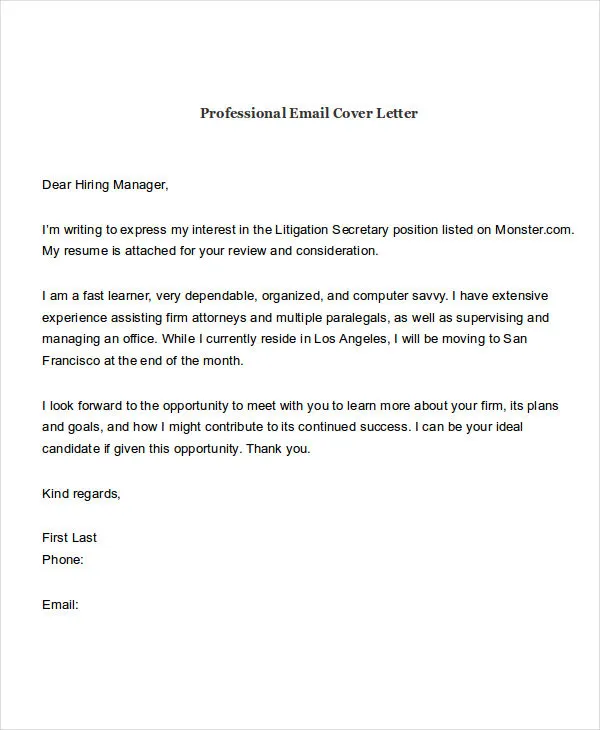
Subject: [Job Title] Application - [Your Name]
Dear [Hiring Manager Name],
I am excited to submit my application for the [Job Title] position at [Company Name]. I’ve been following [Company Name]’s work in [Industry/Area] for some time now, and I am extremely impressed with [Specific Achievement/Project]. My resume, attached, showcases my qualifications. I am enthusiastic about the chance to join your team and discuss how I can contribute.
Best, [Your Name]
Tips for Writing a Great Email Cover Letter
To create a great email cover letter, start by customizing each letter to the specific job. Research the company and tailor your message to show how your skills and experiences align with their needs. Keep it concise and clear, typically between three to five paragraphs. Be sure to highlight your most relevant qualifications and achievements. Always proofread your email cover letter for grammar and spelling errors. Use a professional tone, and ensure your contact information is accurate. Include a compelling subject line that grabs the reader’s attention, and always attach your resume in a professional format. Show your enthusiasm for the role and the company. Be sure to close your email with a call to action, such as ‘I look forward to hearing from you.’ or a variation of it.
Formatting Your Email Cover Letter
When formatting your email cover letter, focus on readability. Use a clean, professional font like Arial or Times New Roman, and keep the font size between 10 and 12 points. Start with a clear subject line. Use short paragraphs and bullet points to break up the text and make it easier to scan. Ensure your email is well-organized, with a clear introduction, body, and conclusion. Make sure that you have a proper greeting (e.g., Dear [Hiring Manager Name]) and a professional closing (e.g., Sincerely, Best regards). Keep the layout simple and avoid using overly fancy formatting that might not display correctly across all email clients. Always include your contact information, so the hiring manager can easily reach you.
Proofreading and Editing
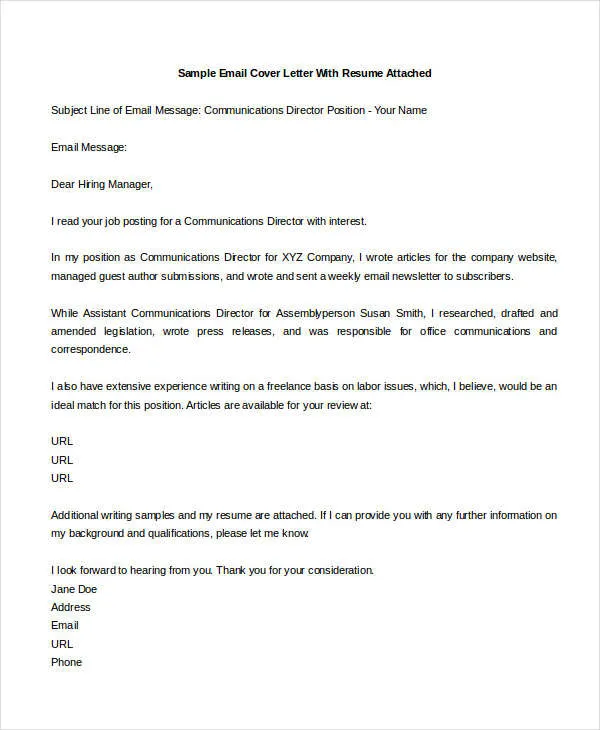
Proofreading and editing are essential steps in writing an effective email cover letter. Start by reviewing your email for any grammatical errors or typos. Check the punctuation and spelling carefully. Ask a friend, family member, or career counselor to review your letter for feedback. Ensure the language and tone are professional and appropriate for the job. Verify your contact information. Ensure that your subject line is clear and concise. Review the content to ensure it directly addresses the requirements of the job description. Finally, ensure you’ve attached the correct documents. Taking these steps significantly increases your chance of a successful application.
Subject Line Best Practices
A well-crafted subject line is the first thing a hiring manager sees, making it critical to grab their attention. Your subject line should be clear, concise, and relevant to the job. Include the job title and your name. For example, ‘[Job Title] Application - [Your Name]’ or ‘[Your Name] - Application for [Job Title]’ work well. Avoid generic subject lines like ‘Job Application.’ If the job posting provides a specific subject line to use, make sure you use it. This ensures your application is properly routed. If you’re applying for a specific opening, mention the job ID or requisition number, if applicable. Keep your subject line brief, ideally under 50 characters. A compelling subject line improves the likelihood that your email gets opened and read.
Conclusion
Email cover letters are an essential part of the modern job application process, and the examples provided can help you craft a compelling application. By following the tips, you can write an email cover letter that effectively presents your skills and experience. Make sure your letters are customized for each job, and always proofread them carefully. A well-written email cover letter can significantly boost your chances of landing an interview and ultimately securing your dream job. Therefore, take the time to create an effective and impactful email cover letter that showcases your abilities and captures the attention of potential employers. Remember to keep it concise, professional, and tailored to the specific job requirements.
